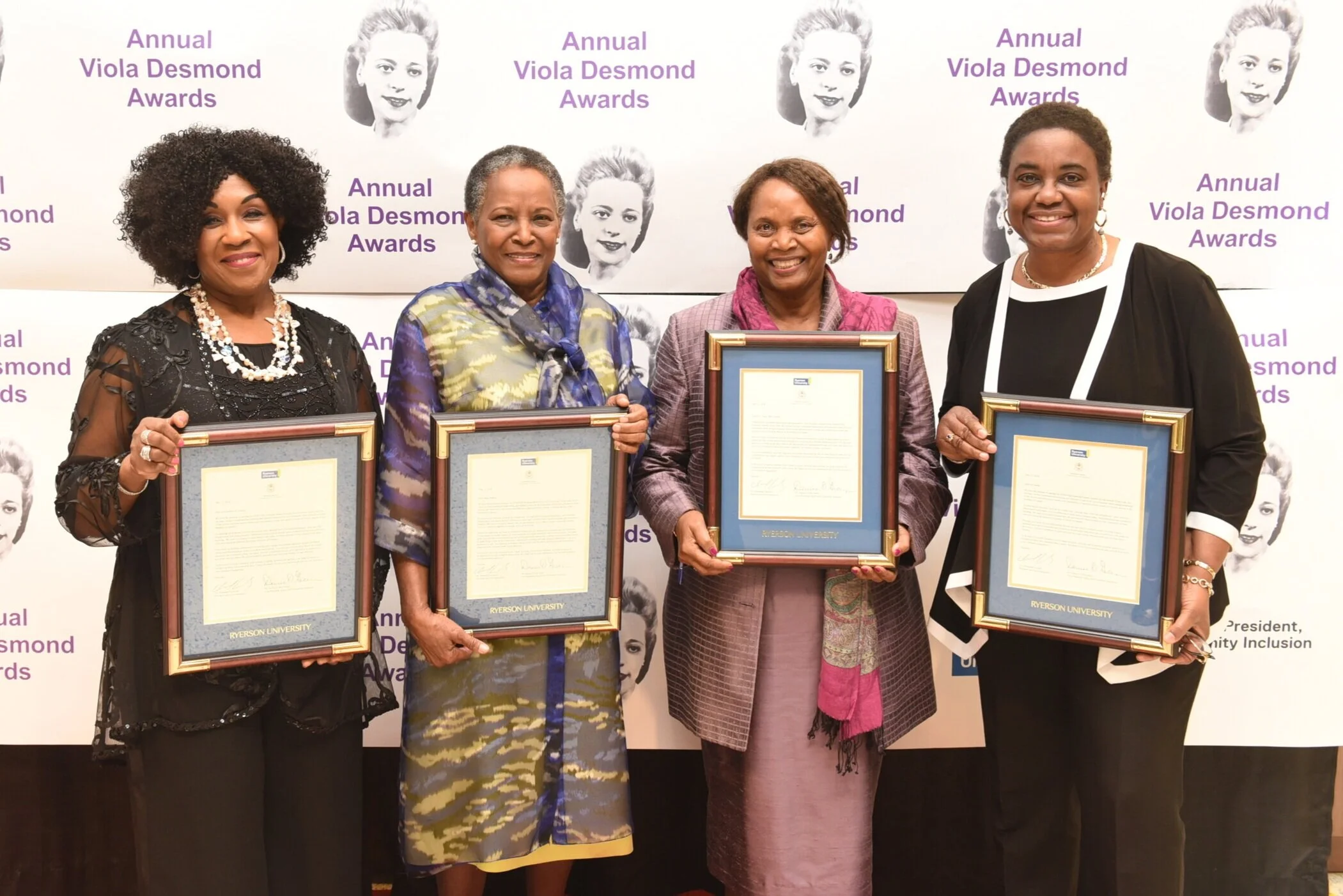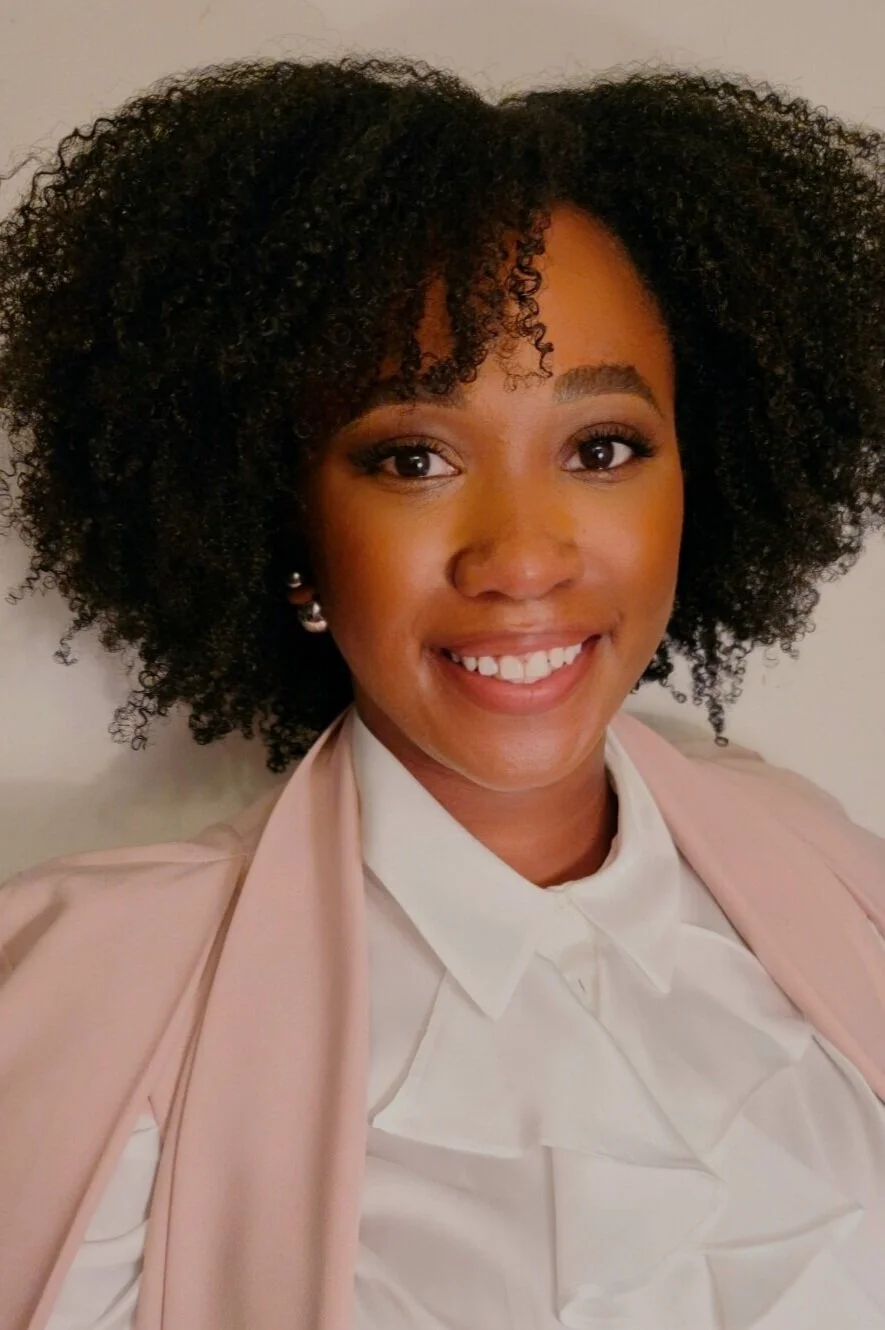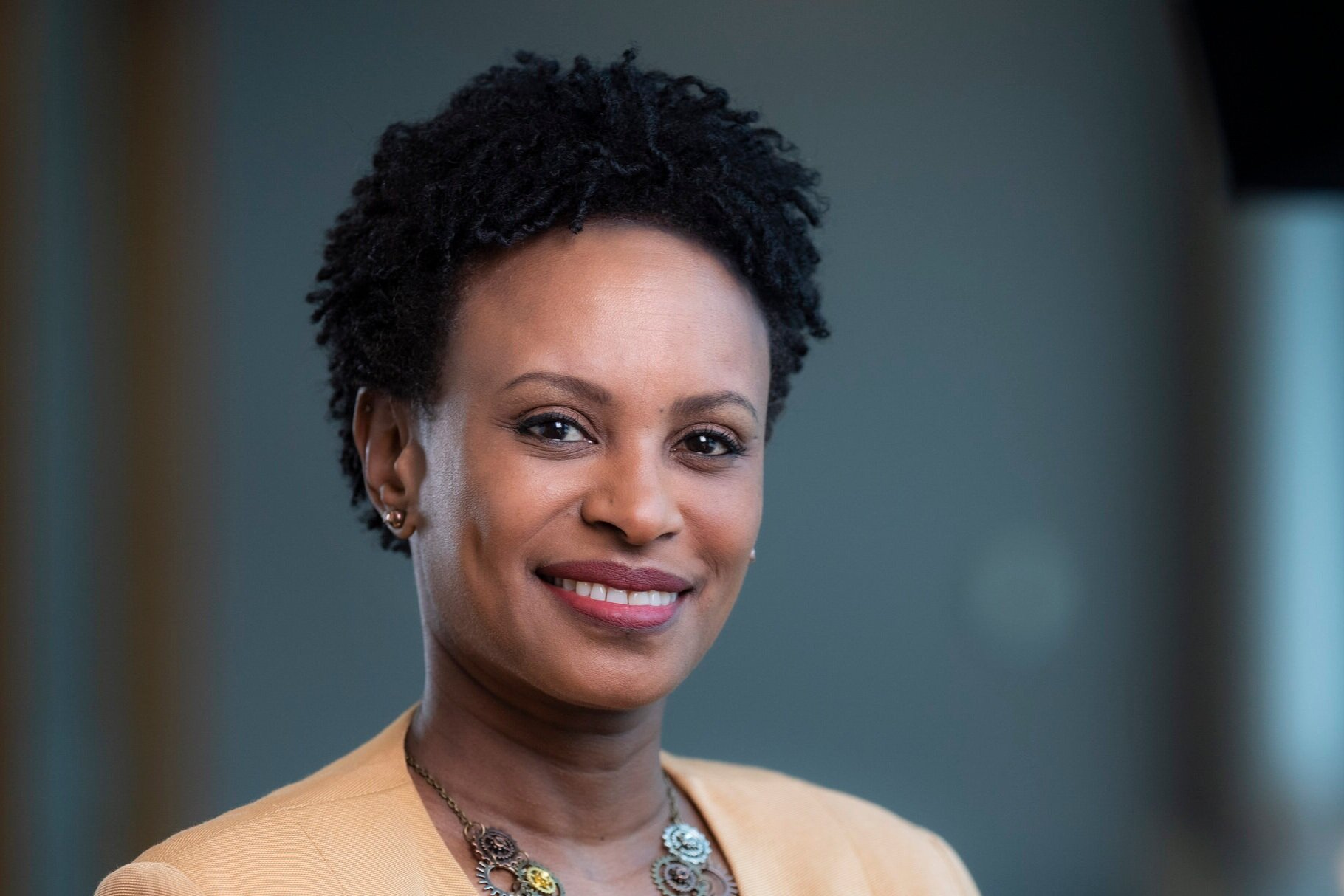Equity, Diversity & Inclusion are at the core of Dr. Malinda Smith's research
October 29, 2020
Edmonton had been Dr. Malinda Smith’s home for 33 years since choosing to pursue doctoral studies at the University of Alberta (U of A).
With a senior position arising at the University of Calgary almost 300 kilometres away on Hwy 2, she relocated last summer to become the inaugural Vice-Provost responsible for Equity, Diversity and Inclusion (EDI) which have been at the core of her research for the past two decades.
The institutional commitment to reduce barriers to inclusion prompted her to make the move.
“The position is one of the few in Western Canada and that shows a very high level of ‘ground up support’ for advancing a more robust approach to EDI,” said the recipient of the 2020 Susan S. Northcutt Award that recognizes individuals who are actively working towards recruiting and advancing women and other minorities in the International Studies profession. “That, to me, was something I had never seen before in Alberta. The other thing that attracted me to the position was the sense that people wanted to see results. I think people are familiar with my research and what I say, so they wanted someone who was an academic and who also is a thought leader in terms of research and writing about equity, diversity and inclusion.”
As the first person of colour to serve on the executive of the Federation for the Humanities & Social Sciences, Smith – as Vice-President Equity – led ‘Equity Matters’ on the Ideas-Idees blog and worked to embed EDI in Congress programming. She also has advanced equity as a member of the Canadian Association of University Teachers’ Racialized Academic Staff working group and as equity chair of the U of A’s faculty association, and contributed to EDI initiatives in national granting agencies.
In addition, she played an integral role in launching the U of A’s first equity plan in the Faculty of Arts in 1993 and taught at Athabasca University in Alberta for five-and-a-half years before returning to U of A as a faculty member in 2004.
At Athabasca, Smith initiated, led the development of and served as academic co-ordinator for two new degree programs as Assistant Professor in Canadian and International Political Economy and the Bachelor of Professional Arts in Governance, Law and Management.
She left U of A as a professor in the Department of Political Science, conducting research and teaching in the areas of international and comparative politics, critical race studies and gender and politics while serving as a provost fellow in EDI policy.
“The University of Alberta was formative for me,” Smith said. “Even though I did a lot of equity, diversity and inclusion work, there was never a space for a leadership position. When the opportunity came up at Calgary, there was no hesitation for me to stay in Alberta if possible, but also to continue this work in a senior position.”
As a political science scholar interested in decolonial knowledge production and in transforming the fleeting appearances of Black Canadians generally and, more particularly Black women in national imaginaries and dominant stories told about Blacks in politics, law and education, she is using the funding from a Pierre Elliott Trudeau Fellowship in 2018 that informs her research, ‘A Seat at the Table: Engendering Black Canadian Pasts and Futures’, that focusses on unearthing stories of Black hidden figures in the three areas.
“One of the implications of this absence is that it gives the impression that we are always new, we are recent immigrants just off the boat and we haven’t been part of the longue duree of Canada,” said Smith. “Good work has been done to say the first Black person came in the 1600s, but then it is like there still isn’t a way in which our stories are interwoven in the fabric of provincial politics for nation building and in terms of engaging Indigenous People.
“My project is really a labour of love and my research is about tendering these stories of these trailblazing Black figures like Violet King-Henry (Canada’s first female Black lawyer), Virnetta Anderson (the first Black woman elected to Calgary’s municipal council in 1974), Lulu Anderson (she was denied entry into an Edmonton theatre in 1922 because of her race) and Sophia B. Jones (she was the University of Michigan Medical School first Black female graduate in 1885 after being denied entry into a Canadian medical school).”
Not to be forgotten, adds Smith, are the women who left Canada after completing their university education.
They include Montreal-born Ivy Lawrence Maynier who, in 1945, became the first woman of colour to graduate from the University of Toronto’s Law School and former Barbados Governor General Dame Nita Barrow, the sister of the country’s first Prime Minister, Errol Barrow, who trained with the Royal Air Force in the Maritimes and was conferred with an honourary doctorate by McGill University in 1966.
The first student to complete an honours degree in international law, Lawrence Maynier practiced in England and Trinidad & Tobago, where her parents were born, and taught at the University of the West Indies Mona campus in Jamaica before passing away in 1999.
Barrow was the first Caribbean woman to earn a nursing degree from the U of T which awarded her an honourary degree in 1987. A decade later, the Dame Nita Barrow Distinguished Visitorship was established by the Centre for Women’s Studies in Education and the Adult Education & Community Development Program at the U of T’s Ontario Institute for Studies in Education.
She died in 1995.
“That group that left is a formidable and brilliant cohort,” pointed out Smith who is also collaborating with Awad Ibrahim, Handel Wright and Tamari Kitossa on a co-editing volume, ‘Nuances of Blackness and the Canadian Academy’, that explores the experiences and work of African Canadian academics. “They get written out as well, but they actually shaped the Black experience in Canada. But because they left, their stories – with few exceptions -- aren’t well told. My view is that I want to be part of this fabric of really contributing to this kind of scholarship of these trailblazing Black Canadian women and telling stories of these hidden figures.”
Mayann Francis (l), Vivian Barbot, Pamela Appelt & Dr. Malinda Smith
Smith credits her late mother with fuelling her passion for justice and fairness.
“She was formidable and courageous and there was nothing she thought her children couldn’t do,” she said. “Whenever I was struggling with something, she would say to me, ‘Malinda, you will figure it out’. Though she didn’t have higher levels of education, she was determined that her children would have more.”
A member of the Bahamas women’s field hockey team, Smith received a full scholarship to attend the University of Idaho.
A sister she was visiting, who was at that university on a volleyball scholarship, mentioned to the coach that her sibling was a hockey player.
Smith agreed to take part in a tryout and was offered a scholarship.
When the hockey program folded because of funding cuts after her freshman season, she was offered full scholarships to Stanford, the University of California at Berkeley, the University of California, Northwestern and Western Michigan which she chose because of affordability.
“I didn’t have the money to travel to California,” said Smith who travelled two days by bus from Florida to Idaho.
In Kalamazoo during the Ronald Regan Era, her research was focussed on Central America.
“This was a period when the United States was involved in funding the Contras in Nicaragua and there were authoritarian regimes in Guatemala, El Salvador and Honduras,” Smith said. “As someone who was doing that research on this region, it wasn’t the thinking space for this kind of work. In addition, Kalamazoo was a sanctuary for refugees from Central America and so for those of us who were involved in the kind of social justice work like this, you were always under surveillance being harassed. I needed to move.”
She relished the experience in Michigan.
“It is a terrific university town, the academic program was great, I played hockey for the university both outdoor and indoor and I made the Great Lakes team,” said Smith who was the only Black player on her university and provincial teams. “That experience actually funded my entire undergraduate degree and I got academic scholarships to complete by Master’s degrees. I was debt-free when I left Western Michigan as field hockey paid for everything.”
Completing degrees in Political Science and Development Administration at Western Michigan University, she came to Western Canada in 1987.
“I initially came as an international student, so I was aware of some of the particular kinds of discrimination faced by international students, including assumptions about people at the time from the ‘Third World’,” Smith noted. “That reinforced my interest in a more equitable academy, but also in continuing the work I have been doing since my early graduate program around decolonization.”
While considering Canada and England as options for her doctoral studies, she was persuaded by one of her mentors to consider U of A whose faculty staff included Dr. Fred Judson who did a lot of work on Central America and late Professor Emeritus Leslie Green who authored numerous works on legal issues related to war, armed conflict, terrorism and crimes against humanity that have influenced the development of Canadian policy in these areas.
“I thought this would be a good place to do my work, free from the limits of the political imaginary that existed under Regan,” said Smith. “My supervisor (PhD) was deeply engaged in Central American activities and we shared similar outlooks politically and intellectually. So I found deep support with his mentorship and became very involved in the Latin American and Caribbean communities in Edmonton.”
For a long time, she was the only Black female Professor of Political Science in Canada.
“I was battling personal discrimination fighting the challenges many Black scholars face and, at the same time trying to mentor, advise, support and listen to racialized, Indigenous and sexual minority students,” Smith said. “I can’t say that it was easy. In those days, people like me were an anomaly coming through. I would say, regrettably in terms of Black women in the Canadian academy, that remains true. We are under-represented at all levels although that’s changing.”
She is the only Black female full Professor in Political Science in Canada.
There are three Associate Professors and an Assistant Professor.
Debra Thompson joined McGill last month and Carla Norloff and Tamara Scott are at the University of Toronto and the University of Guelph respectively.
Yolande Bouka has been an Assistant Professor at Queen’s University since July 2019.
Nadege Compaore starts a tenure track position at U of T in July 2021.







